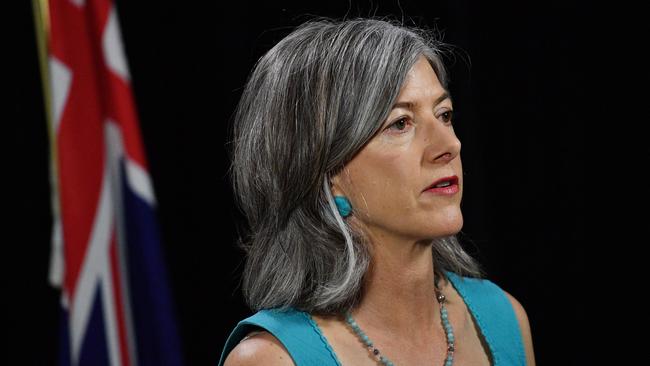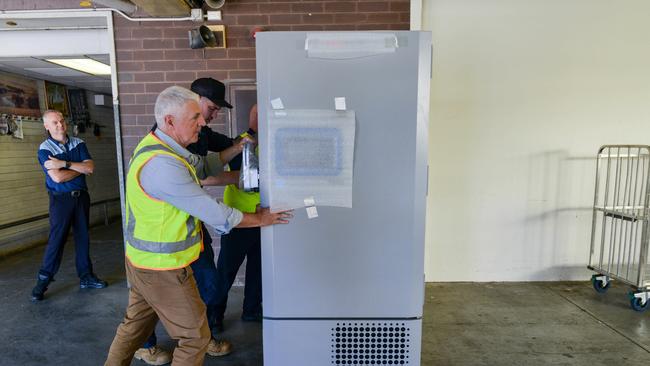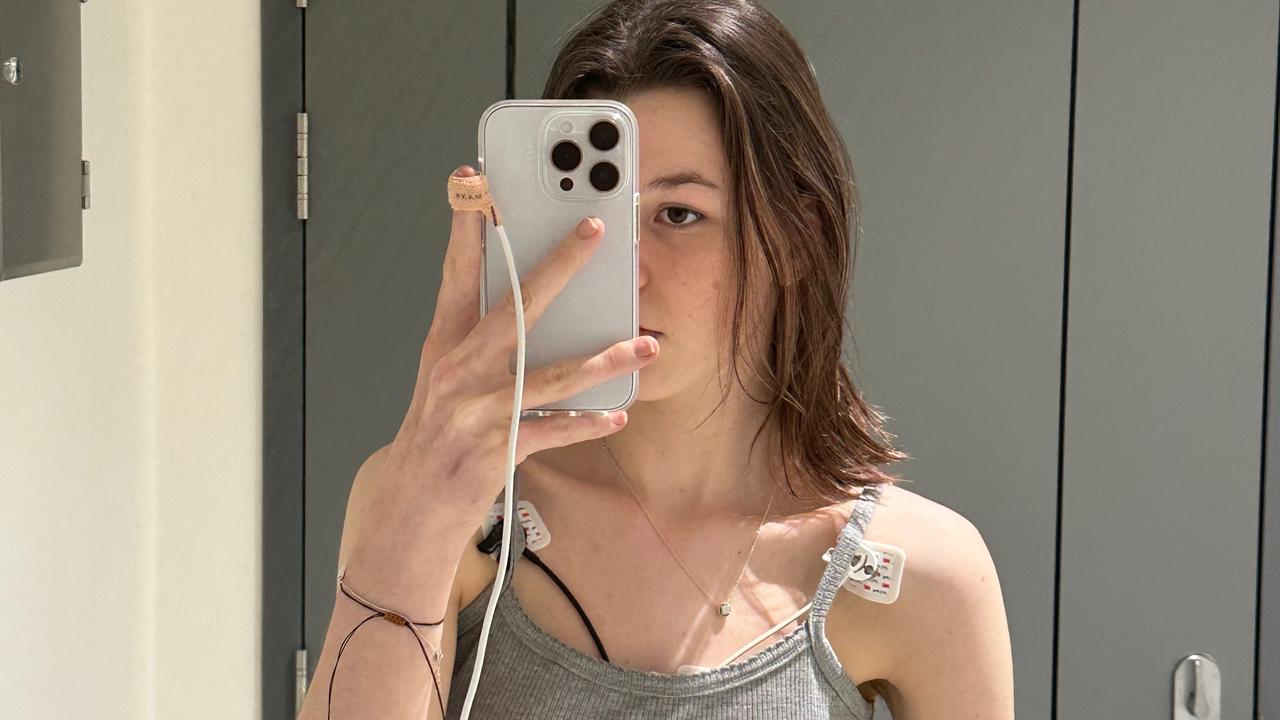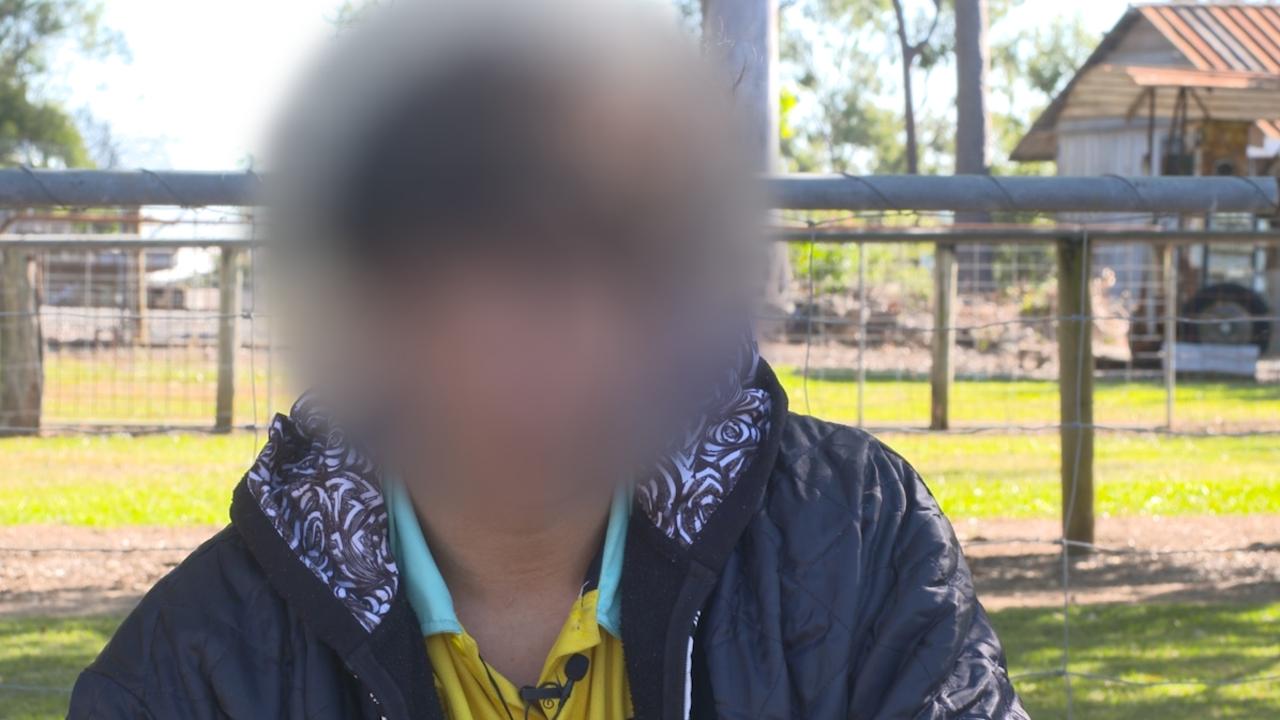Explained: How SA’s COVID-19 vaccine rollout will work
Aged care residents in 17 towns and suburbs will be among the first South Australians vaccinated against coronavirus next week.
Coronavirus
Don't miss out on the headlines from Coronavirus. Followed categories will be added to My News.
Vaccinations against COVID-19 are set to rollout in South Australia from Monday with residents in aged care homes in 17 towns and suburbs among the first to get the jab
The Adelaide Hills town of Aldgate is on the list, along with Cowandilla, Encounter Bay, Everard Park, Goolwa, Hahndorf, Heathfield, Lockleys and Marion.
Aged care residents in homes in Mount Barker, Marleston, Morphettville, North Plympton, Oaklands Park, Port Elliot, Uraidla and Victor Harbor will also get the jab next week.
Nationwide, elderly Australians in more than 240 locations will receive the Pfizer vaccine next week in Phase 1A of the rollout.
Federal Health Minister Greg Hunt, who revealed the list today, said authorities were reaching out to the facilities, residents and families with vaccine advice and information.
“Consent is being sought in all cases,” he said.
Trained workers will be sent to the aged care homes to deliver the vaccines.
Frontline workers, including quarantine, border and health workers will also be vaccinated in the first phase.
Here’s everything you need to know about how the vaccine campaign will unfold:.
When does the vaccine rollout begin?
The vaccine rollout is due to start on “magic Monday”, February 22. Expect a high profile publicity event around the state’s first recipient.
What is available?
The Commonwealth Government will supply enough doses for 60,000 South Australians to have a Pfizer/BioNTech vaccine twice over 28 days in the first phase of the rollout. This weekend, a first shipment of 4000 doses will arrive as part of the Federal Government’s vaccination program. Delivery will be incremental.
Australia has secured an additional 10 million doses of the Pfizer COVID-19 vaccine. The extra vaccine procurement means the nation will have access to at least 150 million doses across multiple candidates, including 20 million doses of the Pfizer vaccine.
There will be 51 million doses of Novavax, 53.8 million of the Oxford/AstraZeneca vaccine, which was approved this week and 25.5 million doses from the COVAX program. More than 1.2 million doses of AstraZeneca are due to arrive in Australia in early March. They will be stored in special fridges that are currently installed at the Royal Adelaide Hospital and Flinders Medical Centre hubs, which have cost the government almost $30,000.

Who gets it first?
Chief public health officer Nicola Spurrier has said those who will get the jab first are “high-risk” people including those who work in the state’s quarantine, medi-hotel and border programs as well as frontline healthcare workers.
Over seven days next week, officials aim to vaccinate at least 1726 of the high risk staff together with an undisclosed number of frontline health workers. More than 12,000 frontline workers will receive a Pfizer jab over the next three weeks. Commonwealth government officials will visit aged care facilities to vaccinate elderly residents and staff.
In phase 1b, elderly adults aged over 70 years, other health care workers, Aboriginal and Torres Strait Islander people older than 55, younger adults with an underlying medical condition, including those with a disability will get jabbed.
Critical and high risk workers including defence, police, fire, emergency services and meat processing will also get a vaccine.
The general public will be included in later phases while under ambitious plans, the State Government aims to have every person in SA offered a jab by Christmas.

Why is the vaccine important?
Senior officials, including Professor Spurrier, and Police Commissioner and state COVID-19 co-oridinator, Grant Stevens, say that getting a large proportion of the general public vaccinated is the critical pathway to end the pandemic and move out of restrictions.
“It is critical for us to see this vaccine get out as quickly as possible because it will be one of those significant triggers that see us being able to relax more restrictions,” said Mr Stevens.
Professor Spurrier added: “If we don’t have a good uptake of the vaccine, unfortunately the pandemic could drag on for a lot longer. So definitely this is a really good reason to think about being vaccinated.”
Where can I get my vaccine?
Vaccination hubs will be located at nine SA hospitals. They are: Royal Adelaide; Flinders Medical Centre; Lyell McEwin; Women’s and Children’s; Riverland General at Berri; Mt Gambier; Whyalla; Port Pirie; and Port Augusta.
The RAH and FMC will be the first to open a vaccine hub during the first stage. Additional clinics, which will be based around these hubs, will open later in later stages of the vaccination rollout when supplies are available. Most eligible in the first phase live in the city.
Clinic locations are still to be identified.
How will I get it?
SA Health has launched a recruitment drive for registered nurses, midwives, pharmacists, doctors including GPs, other medical officers and Aboriginal health practitioners to join in the vaccine rollout. More than 1000 people have registered expressions of interest.
Recruits are yet to be hired as officials work through logistics. They will then launch an extensive training program before recruits can administer COVID-19 jabs. Officials are still working out how jabs will be administered. Firstly it will be at hospitals but then through GPs.
In other COVID-19 news on Thursday, the State Government abandoned a plan with a Western Australian-based company to develop an app to track people in home quarantine.
Health and Wellbeing Minister Stephen Wade revealed in Parliament that the government would not go ahead with development of the app with GenVis.
In October, the government announced it wanted to develop an app that would use facial recognition and GPS to ensure people in home quarantine did not break the rules.
Labor MLC Irene Pnevmatikos questioned the status of the app, saying the government had signed a $1.1m contract with GenVis in November. Shadow health spokesman Chris Picton told The Advertiser the “bungled” contract had “likely cost taxpayers significantly.”
SA Health notified GenVis on Wednesday that it would cancel the contract. The cost of the ongoing procurement process has been $25,300.
Mr Wade said SA Health had put the app through vigorous and thorough testing before a decision was made.
The future of the app and whether another company would be engaged to develop it is unclear.




